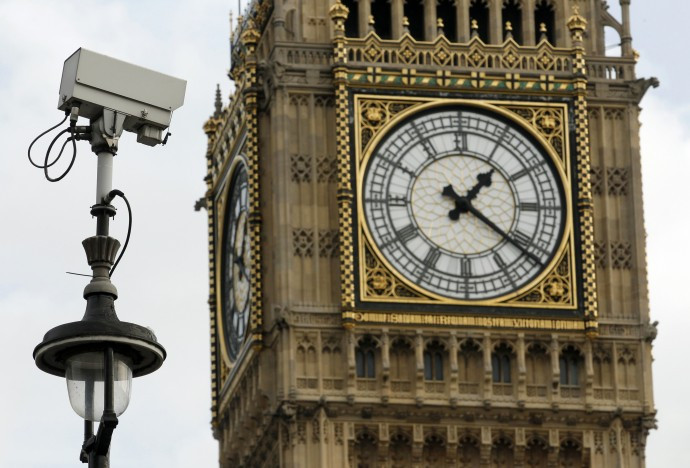The Snoopers' Charter 'should terrify us all' says former MP
The IPBill is expected to be signed into UK law later this year.

A former MP who previously sat on the Home Affairs Select Committee has spoken out against the incoming Investigatory Powers Bill – called the Snoopers' Charter by critics – which he brands a deeply intrusive piece of surveillance legislation "that should terrify all of us."
Dr Julian Huppert, a lecturer at the University of Cambridge and former Liberal Democrat politician, claimed the bill has avoided any real public debate or scrutiny and slammed its proposals as a "real threat" to technology firms operating in the UK.
"Some of the powers in the Bill are deeply intrusive, and with very little possible justification. All of us want to be safe, and protected from terrorists and the like – but the evidence that these powers are all needed is thin indeed. However, the cost to all of our privacy is huge," he wrote on OpenDemocracy.
The Investigatory Powers Bill (IPBill) contains a number of proposals aimed at bulking up surveillance powers open to the UK intelligence agencies MI5 and GCHQ, while allegedly increasing the oversight regime available to the politicians at Whitehall.
The more controversial aspects of the law include forcing technology firms to store internet metadata for 12 months, the massive collection of Bulk Personal Datasets (BPDs) and the bulk retention of communications data from phonecalls and text messages.
According to Huppert, who once worked to kill a previous snooping charter (the Draft Communications Data bill), many problems have persisted over the years. Indeed, even a number of political committees have slammed the latest proposals for lacking clarity.
"The political divide of the future won't just be left and right. It is also between a liberal, internationalist, open, tolerant view of the world, and a closed, nationalistic, authoritarian approach," he wrote. "We should all be very worried that both the government and the opposition have gone for the latter."
Many of the powers included in the bill – which the UK government claims are not new and already in use by British spooks – were exposed by former NSA whistleblower Edward Snowden back in 2013. At the time, he branded the UK's GCHQ as "worse than the US" over its use of the Tempora programme.
"There are many other problems with the legislation – real threats to tech companies in the UK, risks of inappropriate interference with telecoms equipment, pervasive bulk powers, far too little oversight, and a huge bill," said Huppert.
"25 October is the crucial date. That will be the third reading of this legislation. If the House of Lords let it go through, then there is nothing more to do to stop this. There will be the quaint process of parliamentary ping-pong to tidy the last few words up, but from then on, the state will have powers to monitor your behaviours on and offline to a far greater extent than ever before."
Nevertheless, with the sunset clause on the current surveillance law expiring in December 2016, the government appears to want the legislation in place as soon as possible. Sources familiar with the matter have previously told IBTimes UK the bill – at least in the intelligence community – is widely expected to pass.
As the next debate date quickly approaches, a new court judgement was disclosed which found UK surveillance agencies including GCHQ and MI5 collected communications data "in secret" and without the necessary oversight in place for over a decade.
Released by Privacy International, and detailed in a court judgement, the campaigning group called the ruling "one of the most significant indictments of the secret use of the Government's mass surveillance powers since Edward Snowden first began exposing the extent of US and UK spying in 2013."
Solicitor Mark Scott, who worked with Privacy International during an unprecedented legal challenge, said: "[The] judgement confirms that for over a decade UK security services unlawfully concealed both the extent of their surveillance capabilities and that innocent people across the country have been spied upon."
© Copyright IBTimes 2025. All rights reserved.





















